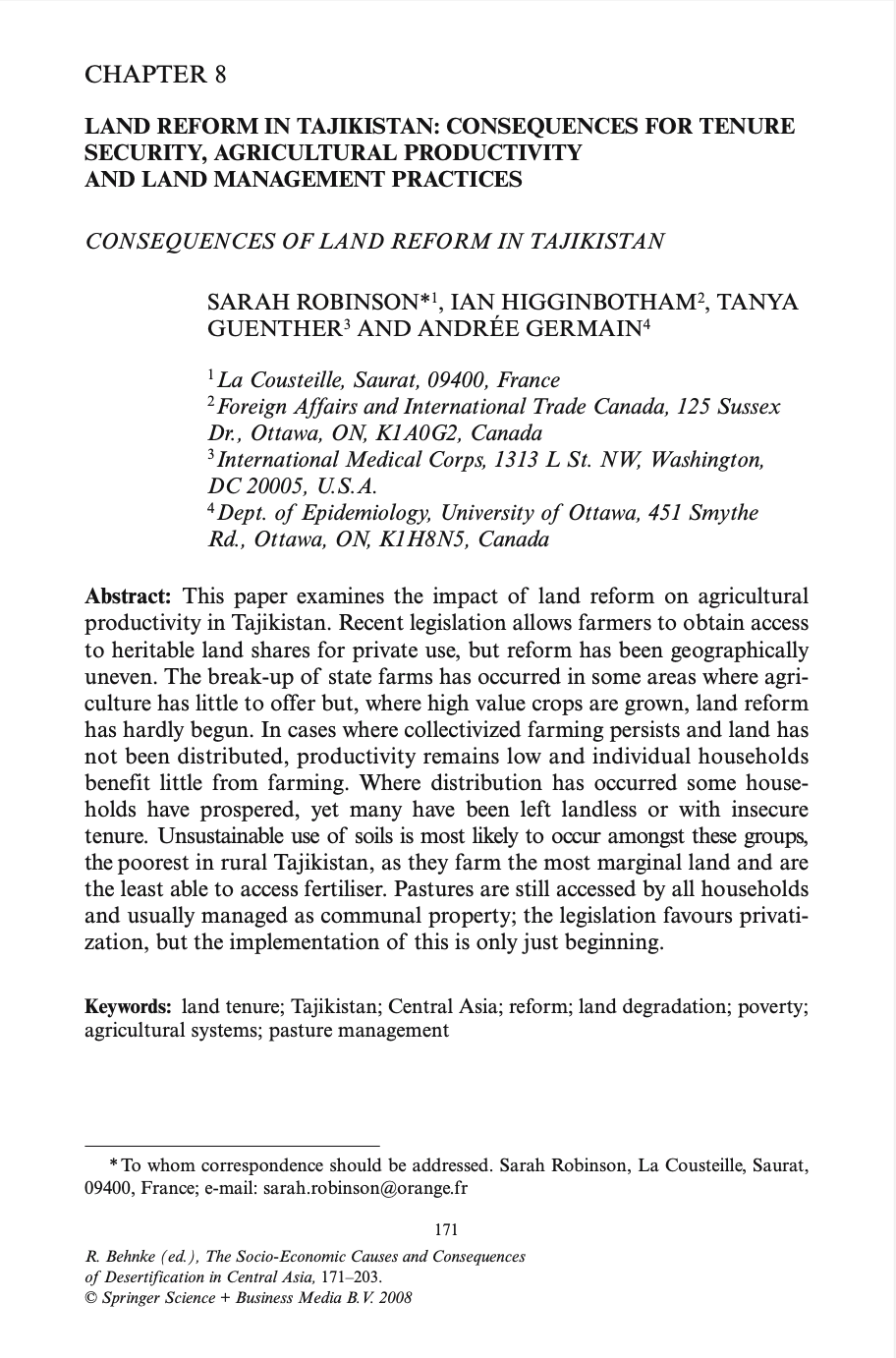About Springer
Throughout the world, we provide scientific and professional communities with superior specialist information – produced by authors and colleagues across cultures in a nurtured collegial atmosphere of which we are justifiably proud.
We foster communication among our customers – researchers, students and professionals – enabling them to work more efficiently, thereby advancing knowledge and learning. Our dynamic growth allows us to invest continually all over the world.
We think ahead, move fast and promote change: creative business models, inventive products, and mutually beneficial international partnerships have established us as a trusted supplier and pioneer in the information age.
Members:
Resources
Displaying 1126 - 1130 of 1195Monitoring urban growth and detecting land-cover changes on the Istanbul metropolitan area
Istanbul is the most populated city of Turkey with a population of around 10.58 M (2000) living on around 5,750 km². In 1980, the population was only 4.7 M and then it has been more than doubled in only two decades. The population has been increasing as a result of mass immigration. An urbanization process continues and it causes serious increases in urban areas while decreasing the amount of green areas.
potential of remote sensing for monitoring land cover changes and effects on physical geography in the area of Kayisdagi Mountain and its surroundings (Istanbul)
The effect of land cover change, from natural to anthropogenic, on physical geography conditions has been studied in Kayisdagi Mountain. Land degradation is the most important environmental issue involved in this study. Most forms of land degradation are natural processes accelerated by human activity. Land degradation is a human induced or natural process that negatively affects the ability of land to function effectively within an ecosystem.
Quantifying sample biases of inland lake sampling programs in relation to lake surface area and land use/cover
We quantified potential biases associated with lakes monitored using non-probability based sampling by six state agencies in the USA (Michigan, Wisconsin, Iowa, Ohio, Maine, and New Hampshire). To identify biases, we compared state-monitored lakes to a census population of lakes derived from the National Hydrography Dataset. We then estimated the probability of lakes being sampled using generalized linear mixed models.
Perceptions of biodiversity, environmental services, and conservation of planted mangroves: a case study on Nijhum Dwip Island, Bangladesh
Restoration of mangroves is often considered a way to minimize losses incurred from their decline and to provide additional services to coastal communities. However, the success of restoration programs is often focused on biological or ecological criteria. The situation is no exception in Bangladesh, which houses the world's largest mangrove plantations. This study has been undertaken in a south-central estuarine island (Nijhum Dwip) of the Bangladesh coast and aims to understand societal perception on the achievements of a plantation program.
Land Reform in Tajikistan: Consequences for Tenure Security, Agricultural Productivity and Land Management Practices
This paper examines the impact of land reform on agricultural productivity in Tajikistan. Recent legislation allows farmers to obtain access to heritable land shares for private use, but reform has been geographically uneven. The break-up of state farms has occurred in some areas where agriculture has little to offer but, where high value crops are grown, land reform has hardly begun. In cases where collectivized farming persists and land has not been distributed, productivity remains low and individual households benefit little from farming.



